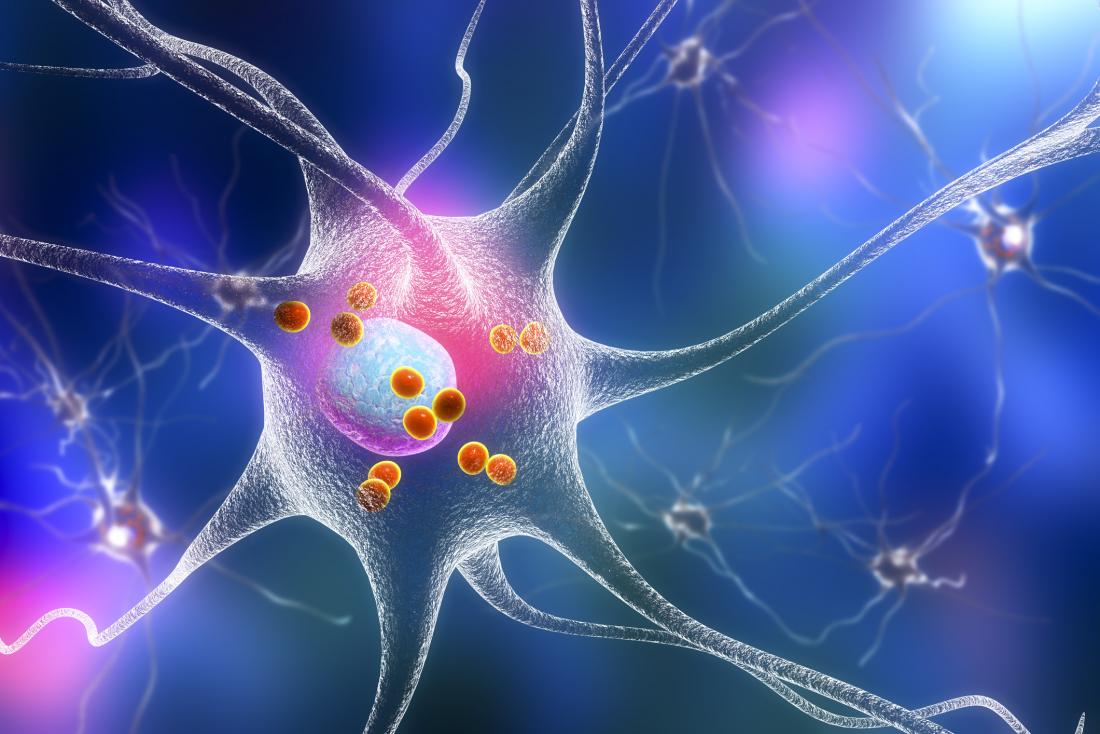Parkinson's gene affects more people than previously thought

New research finds that a gene previously thought to affect only a small percentage of Parkinson's disease cases actually affects many more. The findings mean that treatments that are being developed for a small number of people may, in fact, benefit many more.
Almost 1 million people in the United States and nearly 10 million people across the world live with Parkinson's disease.
According to the National Institutes of Health (NIH), 15 percent of those living with Parkinson's have a hereditary form of the disease.
Such hereditary forms of the condition are often down to mutations in several genes. The LRRK2 gene is one of them.
Responsible for creating a protein called dardarin — which has important roles in maintaining the structural health of cells — LRRK2 has been found to play a key role in late-onset Parkinson's disease, which is the most widespread form of the condition.
More specifically, 100 mutations of this gene have been found in familial cases of Parkinson's. Overall, 3–4 percent of Parkinson's cases have been linked with mutations in this gene.
But now, researchers have made a discovery that suggests that LRRK2 is implicated in far more cases than previously thought.
It isn't just the mutated version of the gene that may cause Parkinson's, and it isn't just people with a family history of the disease who are affected by this gene, suggests the new study.
Dr. J. Timothy Greenamyre, chief of the Movement Disorders Division at the University of Pittsburgh Medical Center in Pennsylvania, is the senior author of the study, which was published in the journal Science Translational Medicine.
